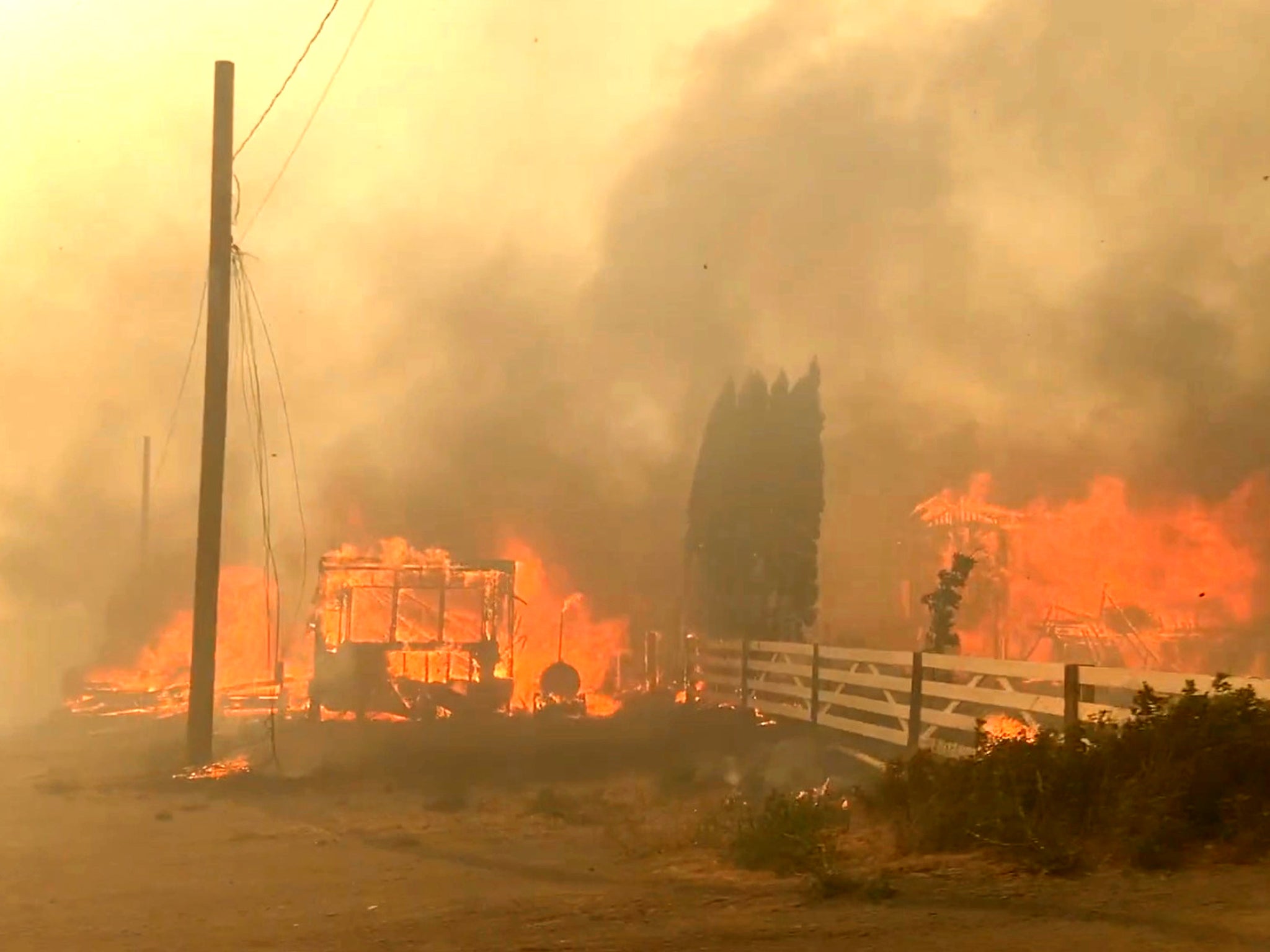Mea Culpa: not knowing which way is up in the climate emergency
Questions of language and style in last week’s Independent, reviewed by John Rentoul


We had a headline on an article about the North American heat wave that read: “Climate crisis blamed as US temperature records tumble.” As John Harrison pointed out, “tumble” is the wrong word for temperatures going up. We have less space for headlines in the subscription Daily Edition, so this kind of thing sometimes happens when we compress the original headline, which said: “Seattle breaks 100-year-old record twice in two days as climate crisis intensifies extreme weather.” But we could have kept it short with something like “... as US temperatures break records”.
Nor did we know whether we were going up or down in another article about the environment, in which we quoted the Environmental Audit Committee, which said: “Existing government policy and targets were inadequate to address plummeting biodiversity loss.” John Harrison (again) asked if this meant the loss was plummeting (“good, in a double negative way”) or the level of biodiversity was going down (“bad”). Obviously, the committee meant “bad”, and it was its sloppy language rather than ours, but we could have tactfully helped it by just deleting the “plummeting”.
Bigger than big: In yet another environmental report, on Californian wildfires, we paraphrased a criminal profiler who said it was essential to catch arsonists, “particularly in light of the large-scale disasters wreaked by wildfire”. I fear that “large-scale” is one of those prefabricated compounds that journalists often use instead of “big”, which we shy away from because it sounds childlike and unspecific. Well, “large-scale” is no more specific: it is just longer and pointlessly complicated. “In light of” is a weak phrase, too. We mean “because of”. However, “wreaked” is a great word, which we should use more often. We should have kept it and rewritten the rest: “... particularly because of the scale of the disasters wreaked by wildfire”.
Internal exile: The first sentence of an article about “New Zealand’s government failing Kiwis living abroad” read: “Being an overseas-based expat can be hard at the best of times.” The whole point of being an expat – short for expatriate – is that you live outside (ex–) your native country (patria), as John Schluter pointed out. We deleted “overseas-based”, which made the rhythm of the sentence infinitely better as well. Still, at least we didn’t write “ex-pat”, which we sometimes do, implying that people who live abroad used to love their country but no longer do.
No utilise: We used the kangaroo word “societal” a few times last week. In an article about ethical investment, we said: “Most investors and business people don’t think it’s incumbent on them to change their actions and tackle societal problems.” In a report of drama in the Jordanian royal family, we said: “There are, in reality, plenty of personal and societal reasons for Prince Hamza to rebel.” And in an article about forgetting to take a mask to go shopping, the author wrote of “the shame that came from having breached a societal norm”.
What has that got to do with kangaroos? I don’t know who invented the term, but a kangaroo word is one that contains a shorter word that means the same, such as “utilise”, which is a needlessly long way of saying “use”, and “societal”, which means “social”.



Join our commenting forum
Join thought-provoking conversations, follow other Independent readers and see their replies
Comments